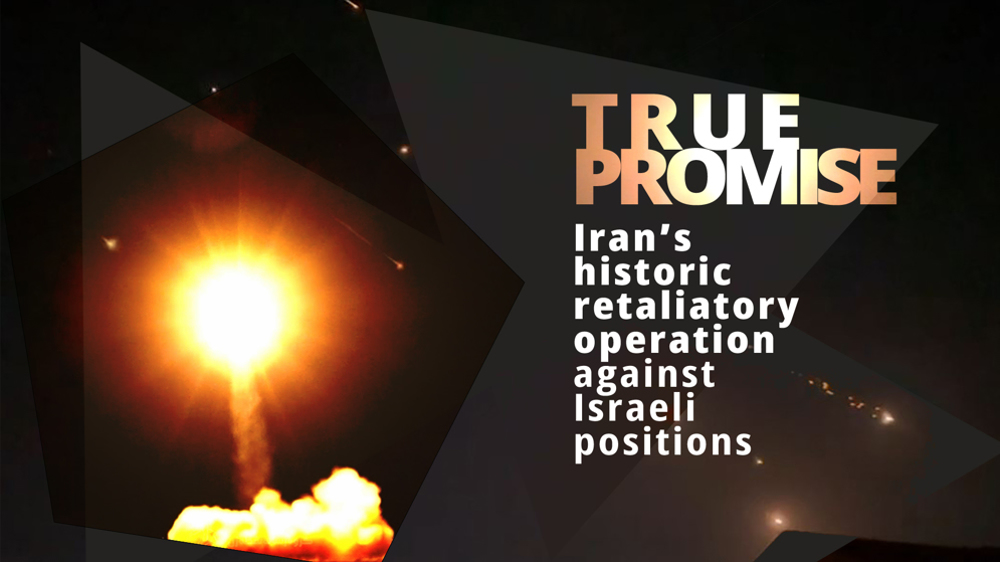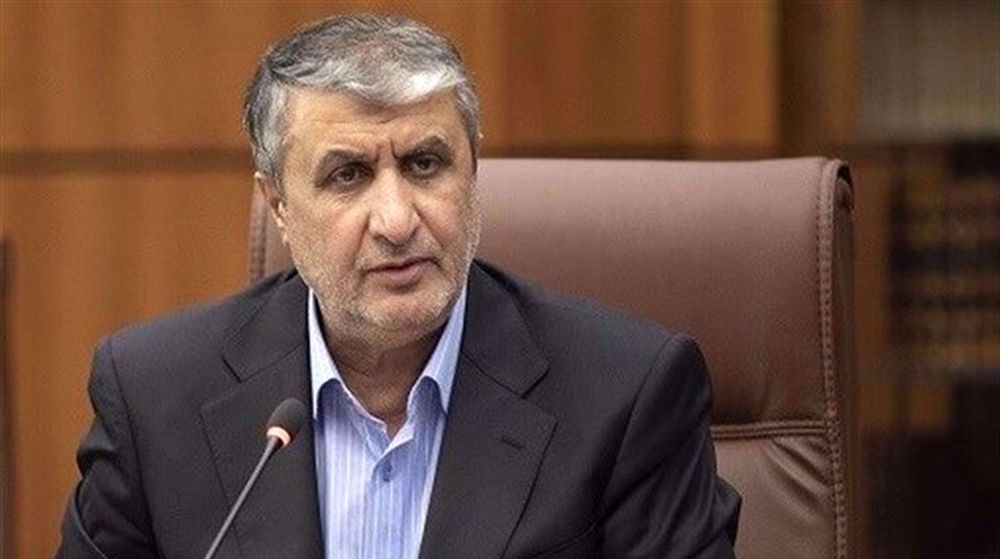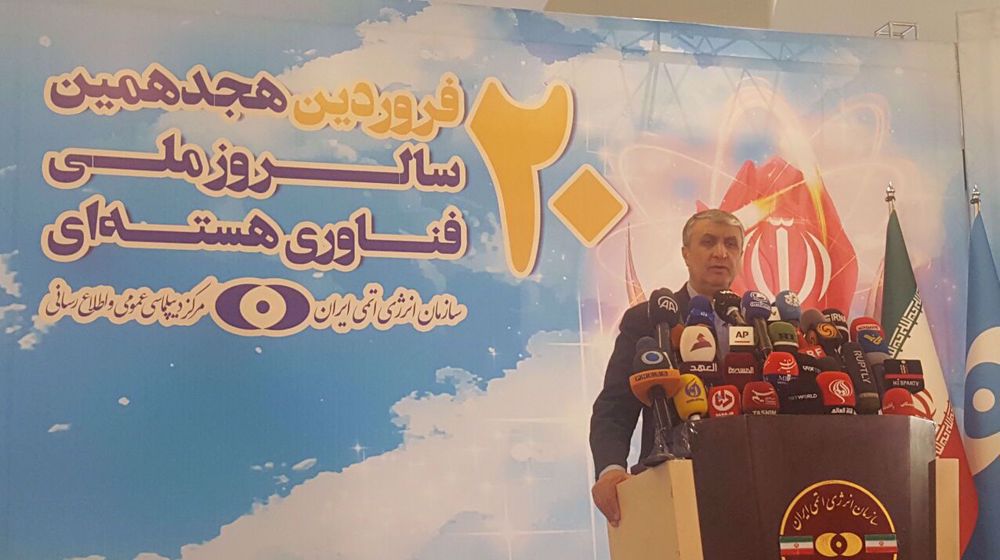Bans must be removed concurrent with nuclear limitations: Velayati
An senior advisor to Leader of the Islamic Revolution Ayatollah Seyyed Ali Khamenei says Iran sanctions must be removed concurrent with limitation of Iran’s nuclear activities.
On Wednesday, President of the Center for Strategic Research of Iran’s Expediency Council Ali Akbar Velayati said coincidence of the two developments “is one of the important demands that must be met.”
Speaking on the sidelines of a meeting with Germany's State Secretary of the Federal Foreign Office Markus Ederer in Tehran, the Iranian official said, “It is under no circumstances acceptable for the Islamic Republic of Iran that it should start limiting its nuclear activities and wait for the International Atomic Energy Agency to confirm it as completely done before the sanctions are removed.”
Velayati added that Iran and the P5+1 group of countries are still inclined toward continuation of the nuclear negotiations.
The Islamic Republic and the P5+1 -- the United States, Russia, China, France, Britain, and Germany -- reached a mutual understanding on Tehran’s nuclear program in Lausanne, Switzerland, on April 2.
The two sides are expected to start drafting a final comprehensive deal, which they seek to sign by the end of June.
According to the joint statement, which is considered the basis for a final nuclear deal, the two sides have devised a mechanism to lift anti-Iran sanctions after the agreement, known as the Joint Comprehensive Plan of Action (JCPOA), is reached.
Velayati said the German official had likewise confirmed that “there should be a balance [between the two developments].”
German Chancellor Angela Merkel has also called for an early end to the sanctions against Iran.
“I’m in favor of lifting the sanctions as soon as possible,” Merkel told a recent press conference in Berlin.
Yemen conflict and the ‘one-sided’ UN resolution
Velayati also commented on the resolution recently passed by the UN Security Council targeting the Houthi Ansarullah movement in Yemen.
Through the resolution, which was approved as Riyadh continued deadly airstrikes on Yemen, the council imposed an arms embargo, asset freezes, and travel ban against Abdul Malik al-Houthi, the leader of the movement, Yemen’s former president, Ali Abdullah Saleh, and his son Ahmed Ali Abdullah Saleh.
The Iranian official said, “This was a unilateral and unjust resolution that was passed in the Security Council, since it is Yemen’s innocent people and civilians that suffer the adverse effects of Saudi Arabia’s violent bombardments.”
“The passage of this resolution was not fair at all. It was as if they rewarded the aggressor. In other words, the resolution did not even include an indirect reference that Yemen’s innocent people should not be subjected to Saudi aircraft’s violent bombardment.”
Saudi Arabia started its military aggression against Yemen on March 26, without a UN mandate, in a bid to restore power to the fugitive former president, Abd Rabbuh Mansur Hadi, who is a close ally of Riyadh.

Civilians and Yemeni infrastructure have been the target of the Saudi aggression. According to sources in the Yemeni army, around 2,600 people have been so far killed by Saudi airstrikes.
HN/HSN/SS
Iranians rally nationwide in support of Operation True Promise
Raeisi: Operation True Promise ‘a necessary response’ to Israel
OIC slams US for blocking Palestine’s bid for full UN membership
US police arrest 108 pro-Palestine protesters at Columbia University
Top commander names four 'historic achievements' of Operation True Promise
VIDEO | Iranian attack and crisis of entity
UN chief: Israel’s war turned Gaza into 'humanitarian hellscape'
Meta's WhatsApp challenged for complicity in Israel’s Gaza genocide










 This makes it easy to access the Press TV website
This makes it easy to access the Press TV website